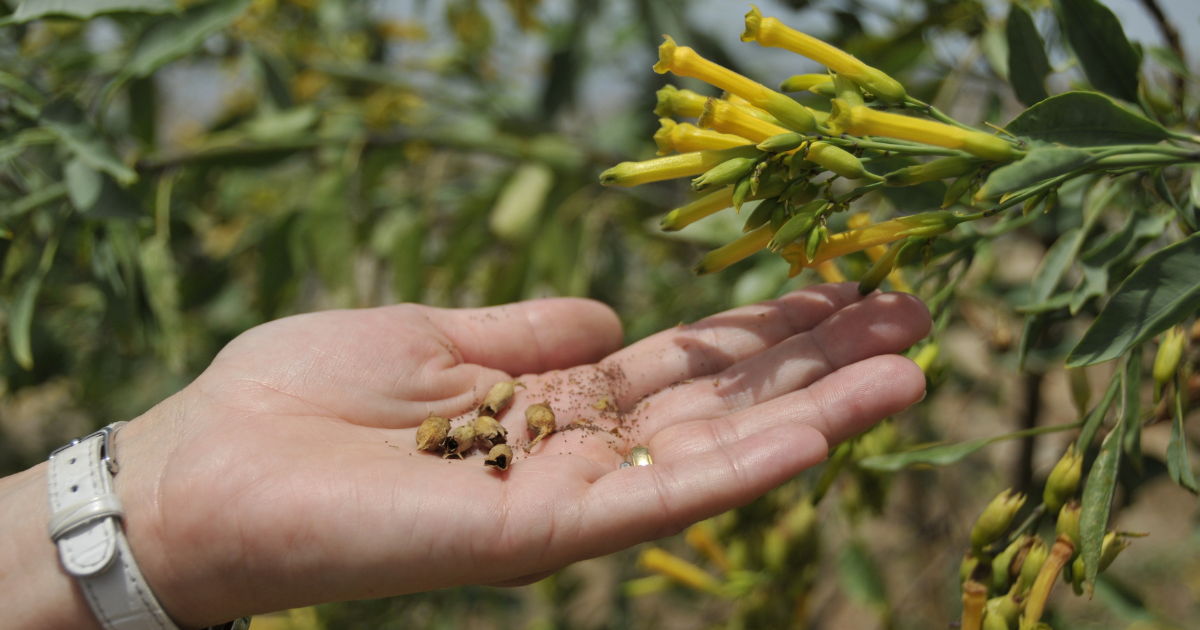Kisa Gotami and the Mustard Seeds: A Buddhist Story About Grief
Grief can feel like it swallows the world whole—like no one has ever felt the kind of pain you’re feeling, like the loneliness inside it might crush you. But the story of Kisa Gotami reminds us that even in our most shattered moments, we are never truly alone.
The story of Kisa Gotami is famous throughout Buddhist traditions worldwide. It serves to remind us that, despite the pain we feel from grief and loss, we are never alone—that compassion, understanding, and love are always with us.
During the time of the Buddha, in the northern Indian town of Savatthi, there lived a woman named Kisa Gotami who was drowning in the pitch black ocean of grief.
Her small child had fallen in the street and died, but Kisa Gotami desperately ran from house to house, pleading for some medicine that might bring her child back to her. Taking pity on the young mother, one villager told her of the visiting sage from the Shakya tribe—the Buddha—and suggested that he might have something that could relieve her of her suffering.
Kisa Gotami rushed at once to the sage’s dwelling and begged him for something that would revive her child. With great compassion, the Buddha agreed to help, and instructed her to bring him a handful of mustard seeds collected from households in the village who had never lost a child, parent, spouse, relative, or friend.
With urgency, Kisa Gotami approached the first house and knocked on the door. The villager answered that they would be happy to give her mustard seeds, after all, they were cheap and plentiful, but that they had lost their beloved sister only several months earlier. Knowing the pain in Kisa Gotami’s heart, they invited her inside, and despite being strangers, they wept together.
The following houses proved to be no different. Each house was more than willing to give her mustard seeds, but none were without loss. At some houses, they shared memories of joy, at others, laughter, and at others they shared only the quiet recognition of the profound and intimate experience of grief.
At the day’s end, Kisa Gotami returned to the dwelling of the Buddha. Despite visiting many homes, she carried no mustard seeds with her, for she encountered no one who was without loss. Wordlessly, she sat with the Buddha, and while Kisa Gotami’s sadness had not lessened, her grief had changed. Instead of being alone in loss, she knew deeply that she was not, that she was surrounded by others—countless others—who deeply understood her. She felt held in their compassion, and her heart began to open again. She realized that no matter how painful her grief, the great mystery of love was always walking beside it—that no matter how heavy her grief, the infinite spaciousness of love would be there to help bear it.
We often think healing means no longer feeling the pain. But stories like Kisa Gotami’s show us a different path—one that doesn’t erase grief but gently changes its shape. Her sorrow didn’t disappear. What shifted was her understanding that grief is not a solitary road. It’s a shared human experience.
Coping with Grief and Loss
There’s no one way to grieve, no single timeline or checklist that fits everyone. But there are ways to care for yourself as you move through it:
1. Let yourself feel what you feel.
Grief is not only sadness—it’s anger, numbness, confusion, exhaustion, even relief. Allowing yourself to feel without judgment is the first step toward healing.
2. Find spaces to share your grief.
Like Kisa Gotami discovered, grief becomes lighter when it’s shared. Talk to a friend, join a support group, or meet with a therapist who can hold space for your pain.
3. Give yourself time.
Healing doesn't follow a straight line. Some days may feel unbearable, others may feel okay. That’s normal. Be gentle with yourself and resist the urge to “hurry up and move on.”
4. Seek meaning, not just answers.
You may never find answers to why something happened. But in the process of grieving, you might find meaning—through connection, compassion, memory, or love.
5. Remember: You are not alone.
If there’s one truth grief teaches, it’s that loss touches every human life. There is a vast, quiet community of others who understand—who are walking beside you, even if you can’t always see them.
If you are grieving, may this story and these reflections offer a small light in the dark. Your pain is real. Your love is real. And through it all, you are not alone.
Get a copy of my book, Refuge in Small Things, 108 Buddhist lessons, fables, stories, and reflections from my own path designed to awaken truths that exist within each of us already, even when life’s challenges make them difficult to recall.

